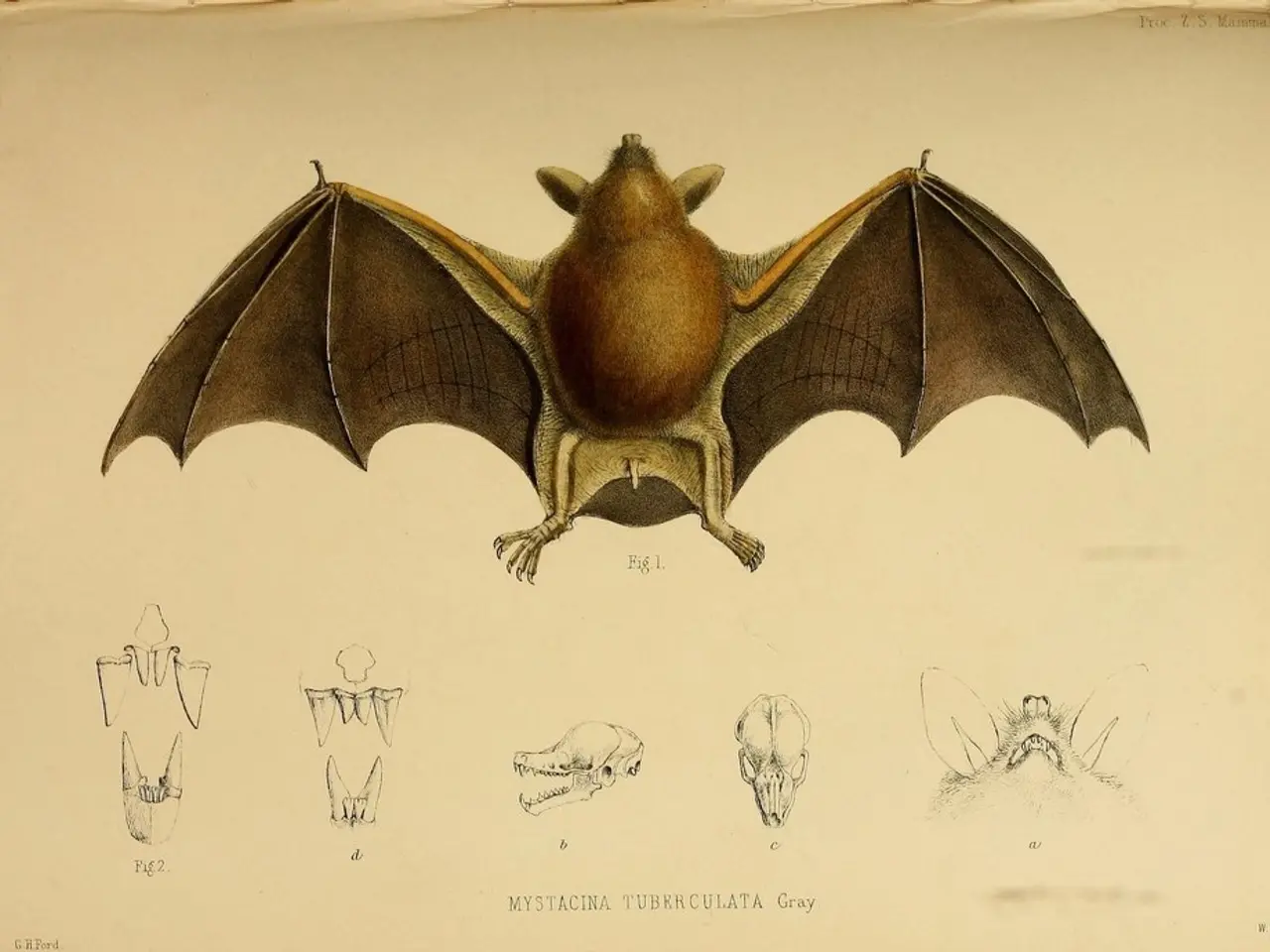U.S. battery manufacturers receive battery-quality samples from Focus Graphite, potential buyers
Focus Graphite Advanced Materials, a Canadian developer, is making significant strides in the US and North American markets with its high-purity graphite materials designed for lithium-ion battery applications.
The company's flagship Lac Knife project, one of the most advanced high-purity graphite deposits in North America, is supported by a fully completed feasibility study. This positions Focus Graphite as a key supplier to battery, defense, and advanced materials industries.
One of the materials, the spherical coated natural graphite (CSPG, Batch GN250619002), meets the standard grade CSPG specification for lithium-ion battery applications. This product boasts a D50 of ~23.9 μm and a purity of >99.95%. AETC has completed modern batch production of this Standard grade CSPG.
Focus Graphite has also developed a novel, patent-pending silicon-enhanced spheroidized graphite technology. This technology is designed to improve lithium-ion battery performance and efficiency. The Canadian patent application (No. 3,209,696) has passed the International Preliminary Report on Patentability and is currently addressing only minor formality clarifications.
In addition to the spherical graphite, Focus Graphite has a non-spherical graphite fines (Batch GN250601001) that serves as a highly conductive additive for lithium-iron-phosphate (LFP) battery cathodes. Electrochemical testing of the cathode additive is currently underway. The non-spherical graphite fines have a particle size distribution of D50 ~3.4 μm and a BET surface area of 15.8 m2/g.
The improvements made by the non-spherical graphite fines enhance energy capacity for stationary energy storage systems. They can be used in a 50:50 blend with carbon black to improve cathode conductivity and enable thicker electrode designs. This additive is designed to meet the needs of developers targeting the LFP battery market, which accounts for 99.9% of energy storage systems used in solar and wind installations.
Focus Graphite's battery-grade spherical graphite sample is part of its portfolio of anode-grade offerings, which includes Standard, Fine, and Ultra Fine CSPG grades.
The CEO of Focus Graphite, Dean Hanisch, stated that the engagement with potential offtake customers with tailored materials positions the company to participate in high-growth battery segments, particularly those supporting renewable energy storage.
Focus Graphite has shipped two battery-grade samples to prospective offtake partners in the US for evaluation. The updated product information bulletins for both Focus Graphite's anode and cathode materials enhance the company's visibility to other prospective customers that prioritize North American supply. This allows Focus Graphite to accelerate discussions with battery cell developers and cathode and anode manufacturers.
The company emphasizes environmentally sustainable, chemical-free processing, aiming to establish a resilient North American supply chain that reduces dependence on foreign sources. It actively collaborates with industry leaders, research institutions, and government agencies to accelerate commercialization and bolster the US market’s supply of critical battery materials.
In conclusion, Focus Graphite is well-positioned to impact the US lithium-ion battery market positively by providing advanced, high-purity graphite materials with innovative silicon-enhanced anode technology, supporting efforts to secure local supply chains and advance battery performance in a sustainable manner.
The novel, patent-pending silicon-enhanced spheroidized graphite technology developed by Focus Graphite is designed to improve lithium-ion battery performance and efficiency, positioning the company as a technology innovator in the battery industry.
Focus Graphite's advanced materials, including its spherical graphite and non-spherical graphite fines, are designed for lithium-ion battery applications, embodying the company's focus on technology development for the renewable energy sector.




